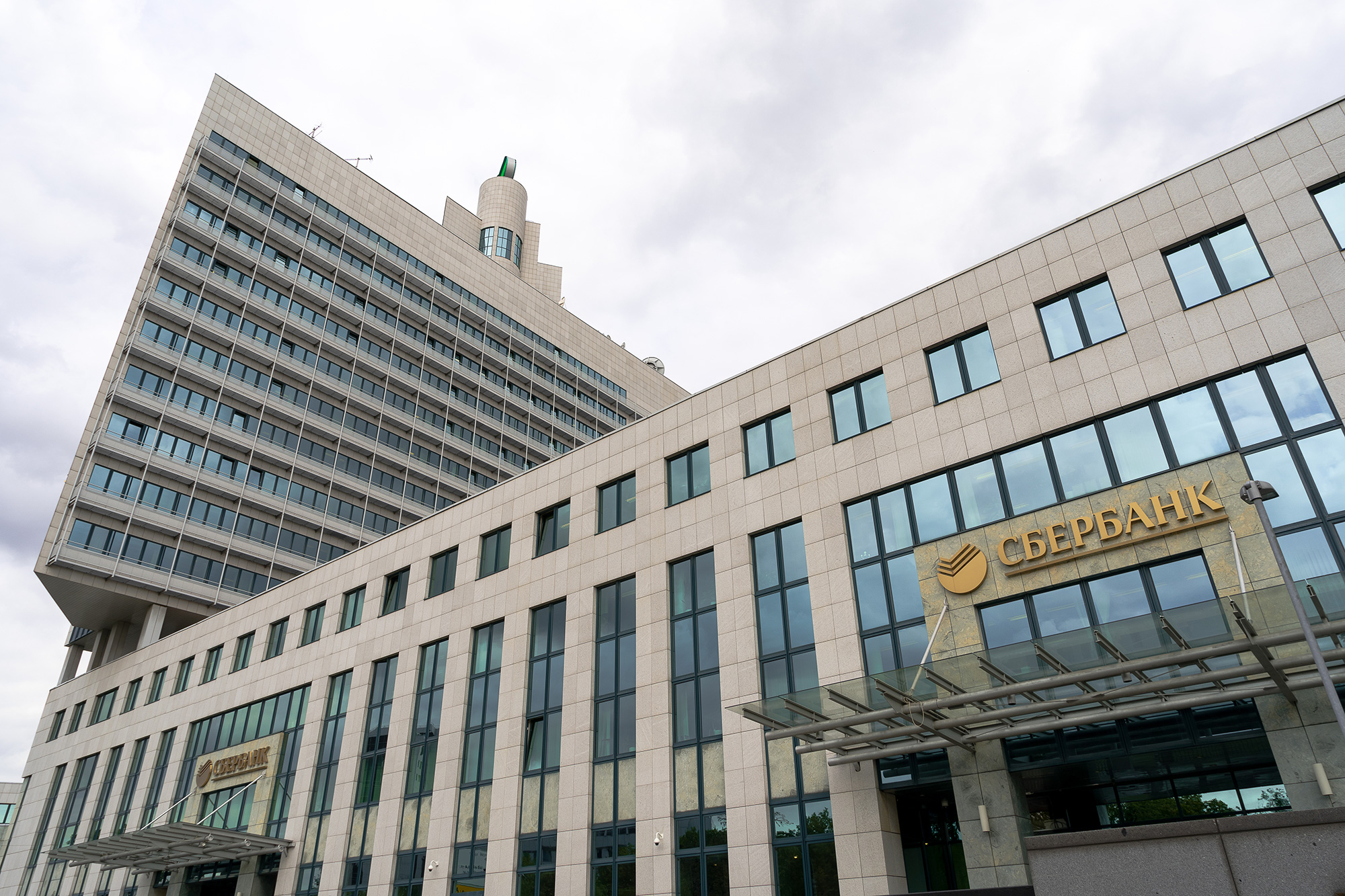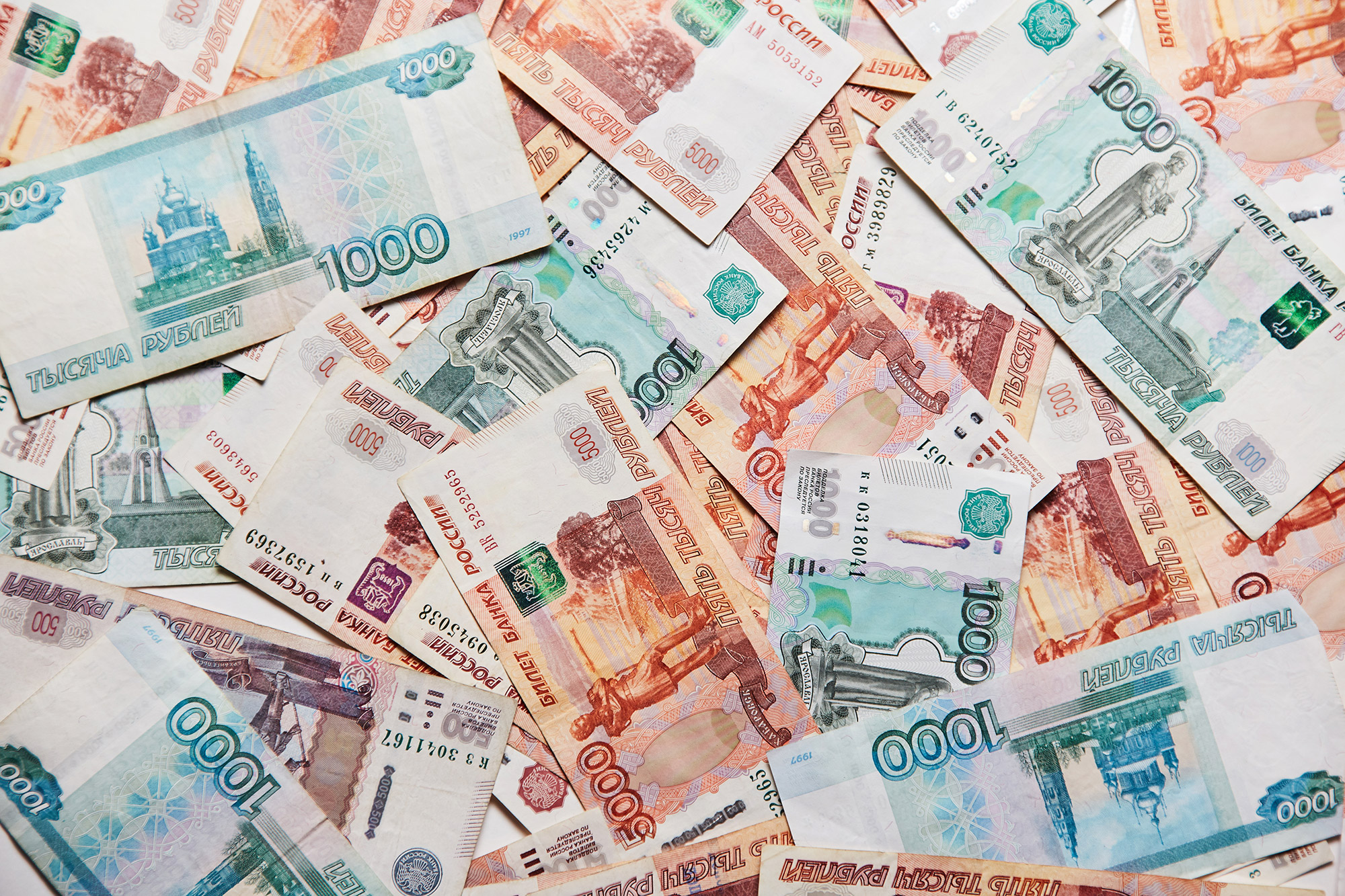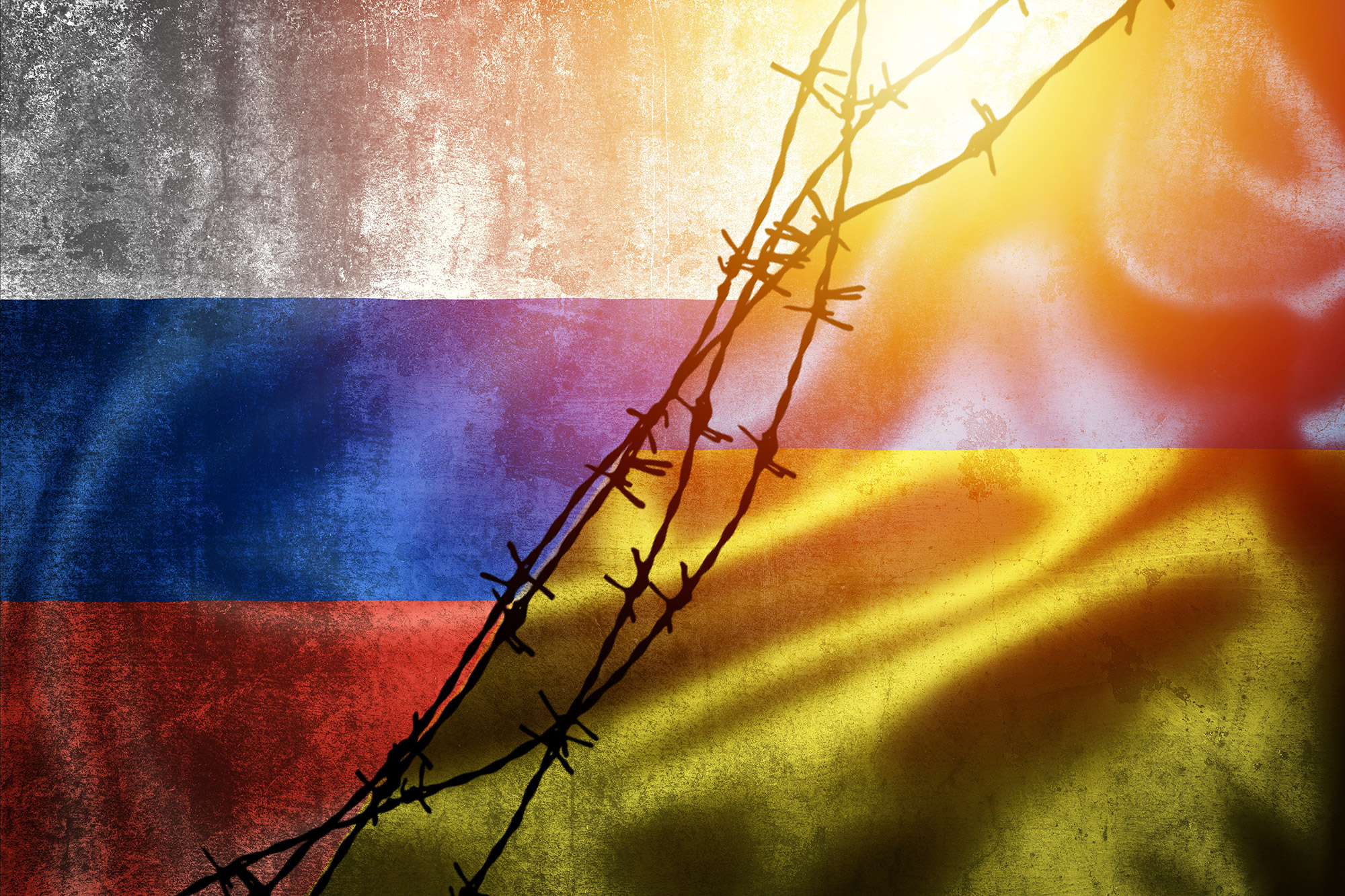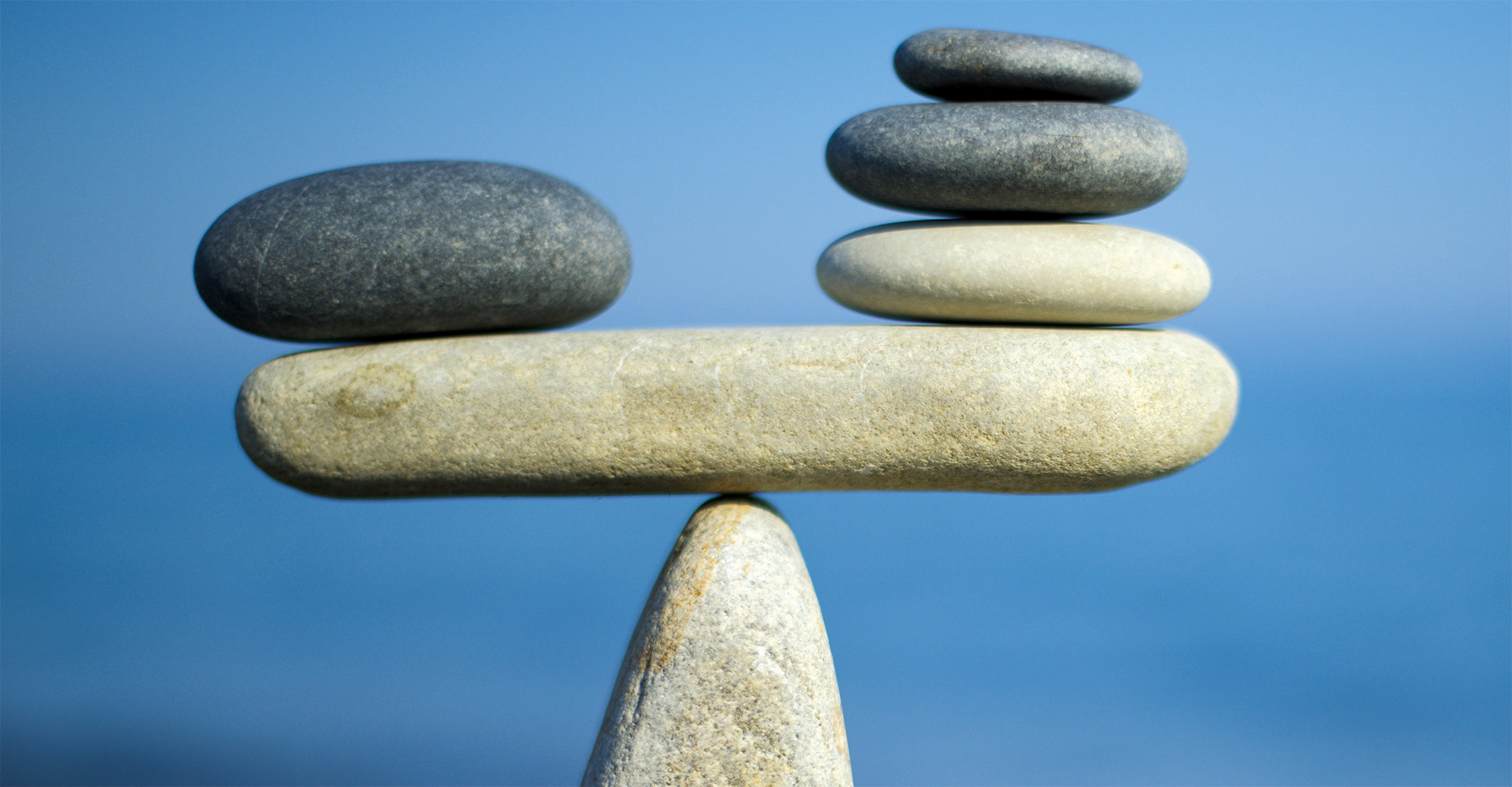[vc_row][vc_column width=”1/2″][vc_column_text]
Russian Federation
The Russian Federation was the 11th largest economy in the world by nominal GDP in 2018. It has a GDP per capita of $11,289 USD and is classified as an upper-middle income country by the World Bank. It is a vast country, rich in natural resources; the World Bank ranks it sixth in terms of natural capital. It has the largest proven reserves of natural gas (19.8 percent) and the sixth largest reserves of oil (6.1 per cent and 106bn barrels). It is the third largest producer of oil (12 percent) and the second largest producer of natural gas after the US (17.3 percent). It is also a top exporter of steel and aluminium. It is a member of the G20. Services were the largest sector in the economy in 2018 (54 percent), followed by manufacturing (12.3 percent), and agriculture (3.14 percent). In 2017, its largest export sectors were minerals (51 percent), services (13.6 percent), metals (10.3 percent), and agriculture (8.3 percent). Its largest individual exports were crude oil (24 percent), refined oil (15 percent), and ICT services (6.4 percent). China is its biggest export partner at 10.5 percent, followed by the Netherlands (9.5 percent), Germany (7 percent), and Turkey (5 percent). Its leading goods imports were industrial machinery (19 percent), electrical machinery and equipment (11 percent), and vehicles (9.4 percent). Under communism, Russia was transformed into an industrial giant, through collectivisation and central planning. But by the 1970s, the economy was stagnating under the weight of defence spending and falling productivity. After the collapse of the Soviet Union, the country moved quickly to a market-based system with large-scale privatisations of SOEs. The speed of change sent the economy into shock with the economy contracting annually between 1991 and 1997. Inequality also increased rapidly. In 1998, the Asian Crisis and a fall in commodity prices led to the Rouble Crisis. By 2000 the economy had recovered and grew rapidly until the global financial crisis in 2008. Growth recovered in 2010 but falling commodity prices and sanctions over Ukraine led to a recession in 2014. The government has turned to import substitution in recent years to diversify the economy away from commodities. It is also increasing spending on education, health, and infrastructure to boost future growth. With the right policies Russia can take advantage of its natural resources and its highly educated workforce.
[/vc_column_text][vc_column_text] Its population in 2018 was 143,964,709 [1]
Its population in 2018 was 143,964,709 [1]
 In 2015, 3.30% of its total energy
In 2015, 3.30% of its total energy
consumption was renewable [2]
 In 2021, its GDP grew by 4.82% [2]
In 2021, its GDP grew by 4.82% [2]
 In 2021 it had a positive Current
In 2021 it had a positive Current
Account Balance of US$bn 122.04 [3]
 Its unemployment rate in 2021 was 4.83% [3]
Its unemployment rate in 2021 was 4.83% [3]
 Its Expenditure on R&D (as a percentage of
Its Expenditure on R&D (as a percentage of
GDP) in 2020 was 1.10% [2]
 A Big Mac will set you back the
A Big Mac will set you back the
local equivalent of US$1.65 [4]
What free trade areas or economic unions is it a member of?
Member of the Organization of the Black Sea Economic Cooperation (BSEC) since 05/06/1998
Other members:
Albania, Armenia, Azerbaijan, Bulgaria, Georgia, Greece, Republic of Moldova, Romania, Serbia, Türkiye, Ukraine
What trade deals are there between Organization of the Black Sea Economic Cooperation and other countries and economic unions?
None
Member of the Eurasian Economic Union (EAEU) since 01/01/2015
Other members:
Armenia, Belarus, Kazakhstan, Kyrgyz Republic
What trade deals are there between Eurasian Economic Union and other countries and economic unions?
EAEU - Egypt Free Trade Agreement (from 05/10/2015)
CIS Free Trade Zone Agreement (CISFTA) (from 19/03/2016)
EAEU - VietNam Free Trade Agreement (from 05/10/2016)
EAEU - Serbia Free Trade Agreement (from 01/10/2019)
EAEU - Iran free trade agreement (from 27/10/2019)
EAEU - Serbia free trade agreement (from 10/07/2021)
[/vc_column_text][vc_column_text]What trade deals are there with other countries and economic unions?
Russian Federation - Turkmenistan free trade agreement (from 06/04/1993)
Georgia - Russian Federation free trade agreement (from 10/05/1994)
Common Economic Zone (from 04/05/2004)
[/vc_column_text][/vc_column][vc_column width=”1/2″][vc_column_text]Casting Russia Adrift: The Decline of Western Power May Have Been Exaggerated
Fortress Russia on Shaky Ground: EU Finds Its Footing and Unleashes Its Economic Might
Markets in Turmoil: President Putin’s ‘Technical Operations’ Upset the Apple Cart
In Search of Lost Time: Mapping the Chip on Russia’s Shoulder
Market Volatility as Push (Slowly) Comes to Shove: Grappling with a Multitude of Crises in an Increasingly Dangerous World
Energy Sector Grapples with Hydra-Headed Problems of Global Supply and Demand
Lord Waverley: Quest for Balance and Unity Hampered by Blurred Lines and Differing Standards
CFI.co Meets Jennifer Martinel, Founder of Fidusmart, Switzerland: Seeking Out an Independent Path in Financial Management and Tax Advisory
Sergi Herrero, Co-CEO of VEON: Product as Mission
The Right Side of History: Germany Occupies the Moral High Ground
Trade with the United Kingdom
Source: UK Office for National Statistics, October 2022.
Contains public sector information licensed under the Open Government Licence v3.0.



























































































